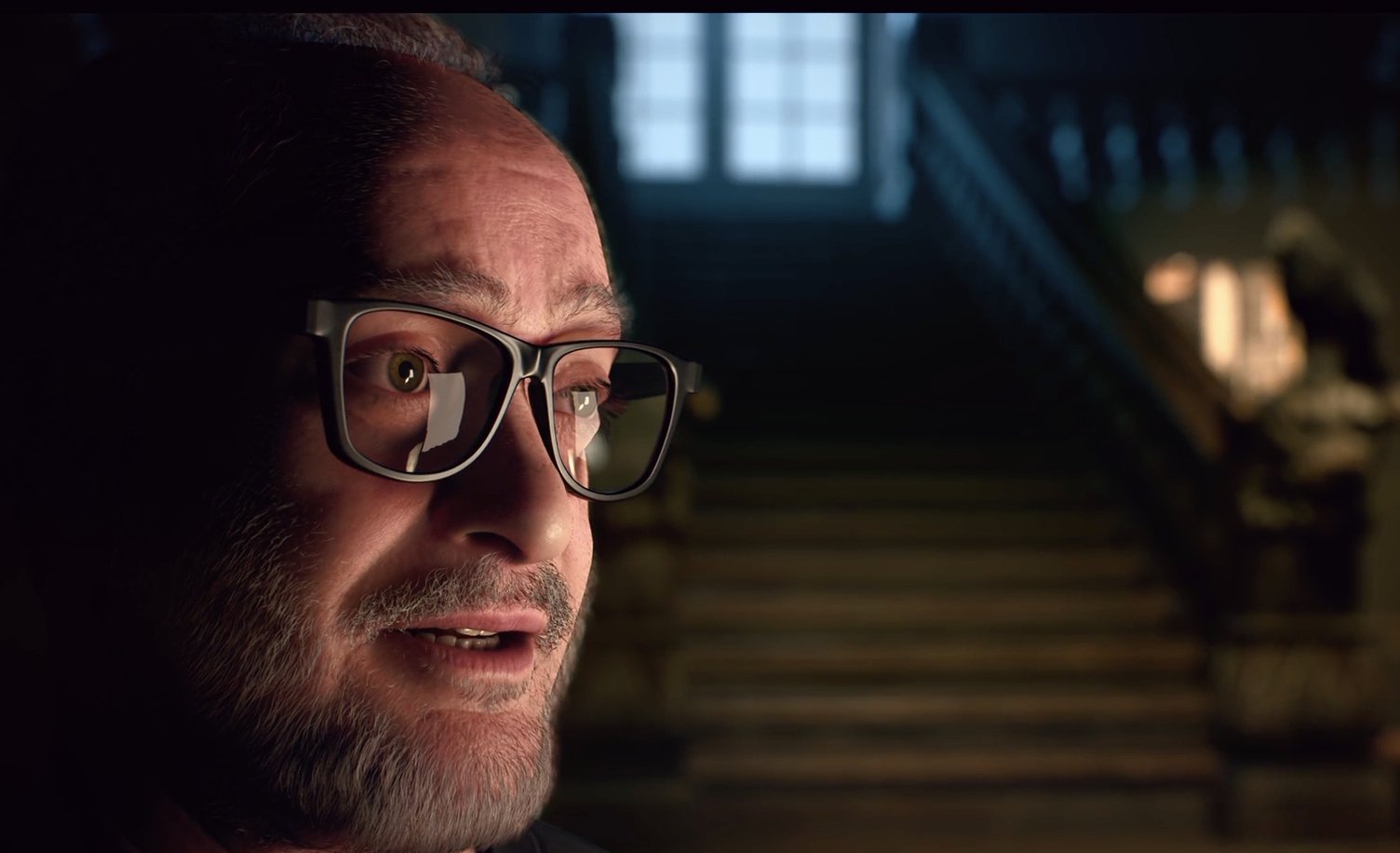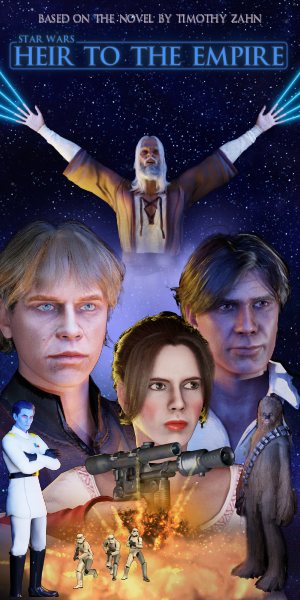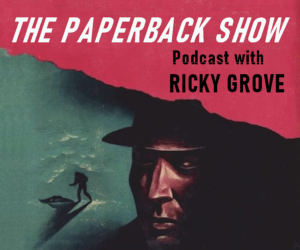
This week covers a reading of Edgar Allen Poe’s classic poem Alone, read by Shane Morris (audio used is from the BEKNOWN channel) with visuals by Playard Studios. The film uses Unreal Engine’s metahuman and NVIDIA Omniverse ‘s Audio-to-Face and there are some impressive introspective looks achieved with the process… among a few other things we comment on, not least being Ricky’s experience of reading poetry.
YouTube Version of this Episode
Show Notes & Links
ALONE film, released on 26 October 2022
Beknown channel reading by Shane Morris on YouTube.
Nvidia Omniverse’s Audio to Face
Unreal Engine’s Metahuman
How to read a poem, tips and hints by the Academy of American Poets




2 Comments
Thank you for this discussion – I absolutely loved it – about performing the poem (failing on enjambments), about immersion (“believing” – Stanislavski!), about this complex bridge between human contents and technology (to avoid Uncanny Valley).
I’m also with Ricky Grove on “imaging” poetry instead of chanting it or just reading line for line (again, ignoring enjambments).
I see the pros and contras of the technology and how well it might fit my poetry project. I create poems by training AI on my (and not only) poetry and letting machines write poems without my supervision. The voices I use are not human as well – that’s why they might ignore the classical “chanting” performance and read a poem as a text (which at least technically fits “imaging”). My approach is to create a non-human poet whose poems might touch humans’ minds and hearts.
Here are some of my humble takes on it:
https://vimeo.com/523997407
https://vimeo.com/526509361/f7a36b5d76
My goal also is to let the viewer forget everything above during perception – AI or non-human aspects should move to the background; provenance or authorship by AI is not relevant. It should be more than a tech demo, or sensationalist “AI wrote it”-like stunt. My main focus is on breaking the wall between human and machine creativity – to bridge them into a Gesamtkunstwerk.
And I am glad such technology like MetaHumans could enable making more of it.
Thanks Merzmensch – and also for sharing your project. We’ll look forward to hearing more about the work you’re doing. Very interesting point you make about using an AI voice too, and how that might read poetry differently to an actor’s take on it. I guess that will remain true so long as we have text to speech, but wonder how that might play out with audio samples as the training set…